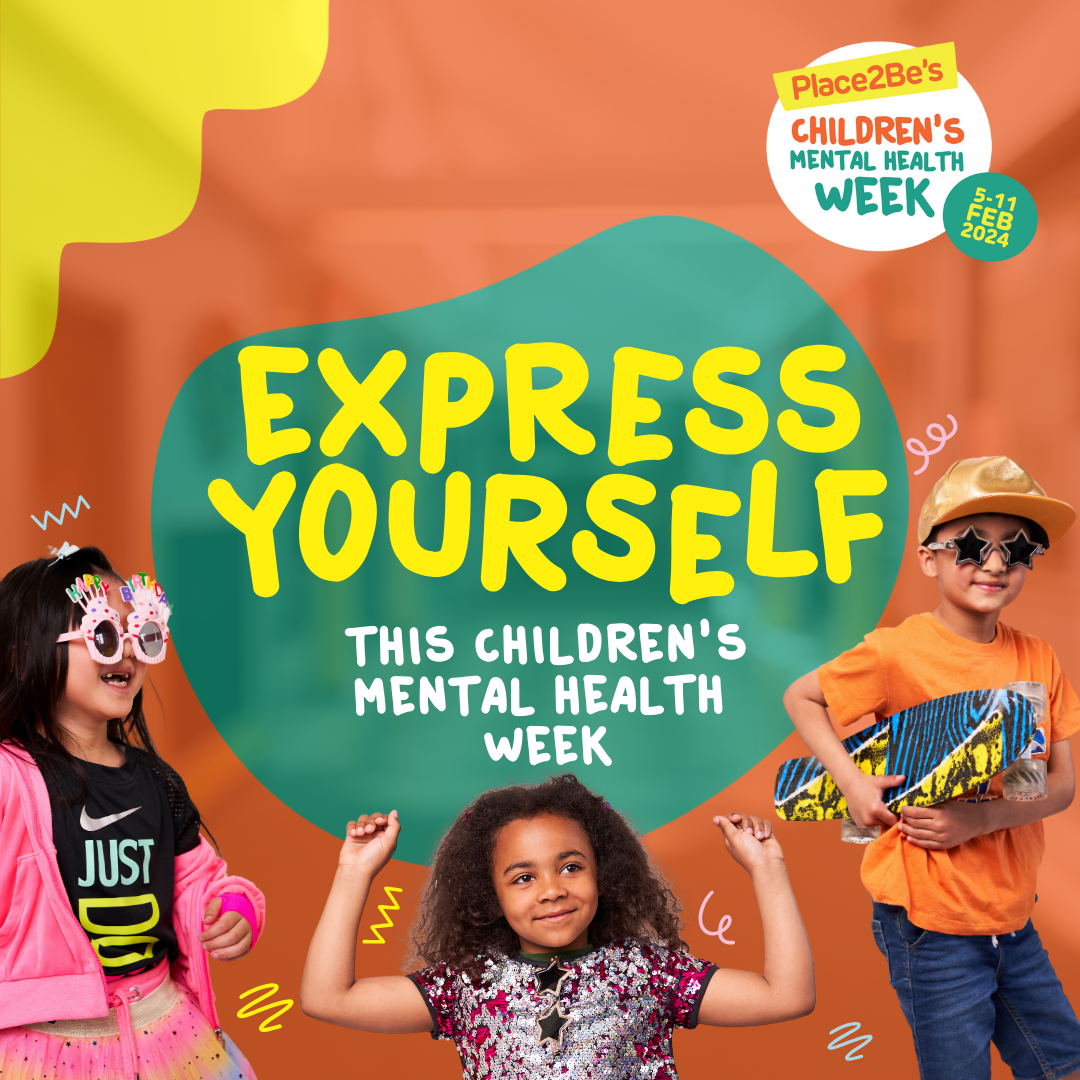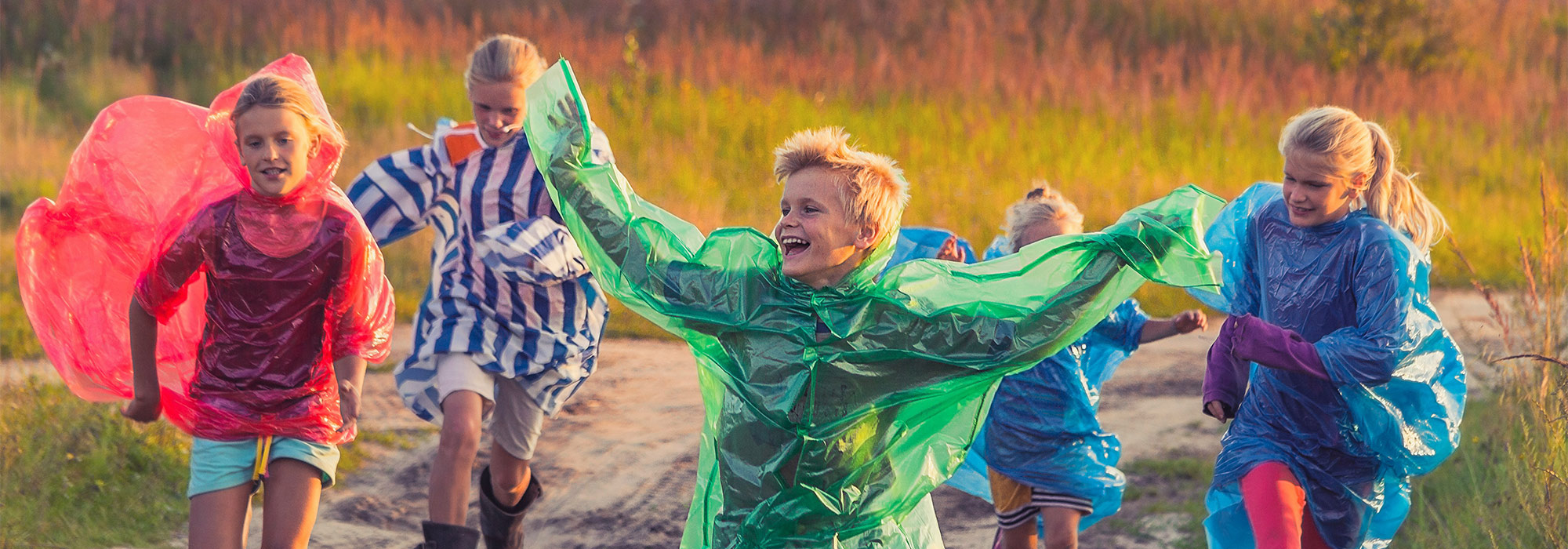As part of this year’s Children’s Mental Health Week we want to provide some easy activities to help children’s overall wellbeing which the whole family can get involved in – focusing on the importance of children’s mental health and looking after our emotional wellbeing from an early age.
Aside from having an immediate calming influence, mental health activities also help develop essential life skills and emotional regulation.
Here are Dyslexia Sparks’ top tips for Children’s Mental Health Week:
1.🌳 Get in nature: While not always practical, outdoor play is great fun for kids and helps to remove them from potential sources of stress. Take children outside to play, walk, or explore nature. Research shows it’s essential for cognitive development and improves concentration, behaviour, and better sleep rhythms.
2.📺 Technology detox: By encouraging breaks from screen time, studies show a child can start to self-regulate emotions, improve behaviour, and increase vocabulary by building upon real-world relationships. You could provide alternatives such as audiobooks, hands-on projects, or outdoor play to encourage healthier habits.
3.🎨 Get creative: Encourage children to express their emotions through art and music. Emphasise visual and tactile elements by providing textured materials for a collage project, or paints where children can express themselves freely. Some children find mindful colouring or comic book style story creation the mental break they need.
4.🤸 Get moving: Increase those feel-good chemicals that we all know help with anxiety and depression by getting children active. Whether it’s a walk in the park or trying new sporting activities. Physical activity can strengthen confidence, self-esteem and encourages connections with a community around them for support.
5.📘 Storytelling: Books can empower children to understand and manage complex emotions. Through a story, they can learn how to recognise what is happening inside themselves. Discussions after stories for younger children can encourage them to share their thoughts and feelings. Audiobooks are also available to use in quiet settings or with headphones.
6.🫙 Gratitude jars: Something as simple as putting a gratitude jar out can have a huge impact. Ask children to write down things (or write for them if they are reluctant writers) that they are grateful for and place them in the jar throughout the week. Join in with your child and write some of your own too! This small activity helps children think more positively and might be a habit you decide to continue.
7.👨👩👧👦 Get the family involved: Take time to talk to your child and be an active listener. This can be done when getting involved in some the activities listed above. Support at home and accommodating diverse learning styles gives children a safe environment to talk, learn and be present.
Free resources
Children’s mental health service provider – Place2Be have made the theme for this year’s national campaign ‘My Voice Matters’ – “empowering young people to use their voices, share what matters to them, and encourage those around them to hear their voices.”
Parents and Educators can download top tips, activity sheets and conversation starters from their website – primary ages / secondary ages.
Kooth have provided some activity sheets which you can download from the resources section of our website.

As we take part in Children’s Mental Health Week and encourage every child’s voice we can celebrate and nurture the unique minds of all children.
Keep talking, keep encouraging healthy habits and stay connected.
The Sparks Team
